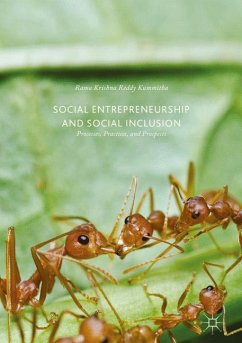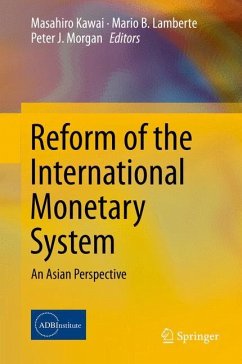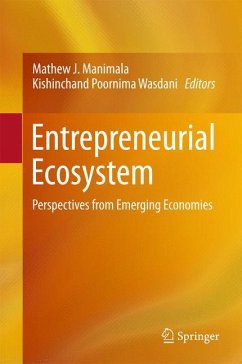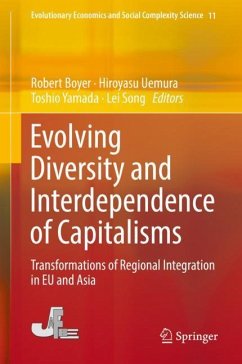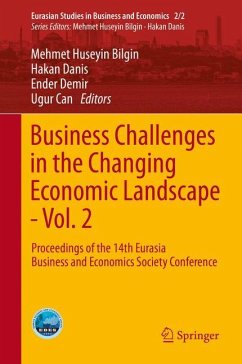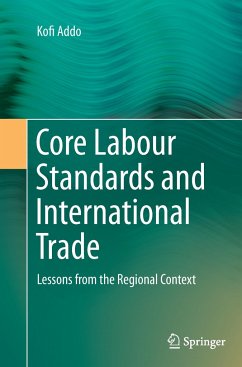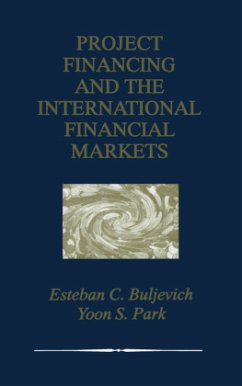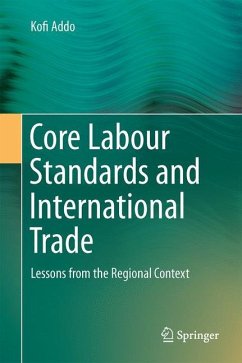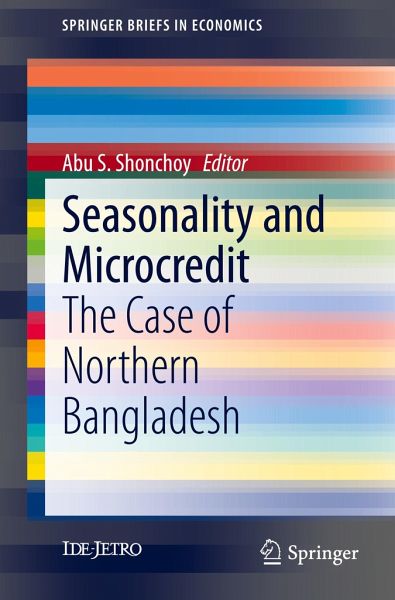
Seasonality and Microcredit
The Case of Northern Bangladesh
Herausgegeben: Shonchoy, Abu S.

PAYBACK Punkte
19 °P sammeln!
The mismatch between credit repayments and income seasonality can create serious distortions. However, typically Micro-Finance Institutes (MFIs) do not provide any adjustments due to the income seasonality. For instance in Northern Bangladesh, Income and consumption downfalls during the time of post-Aman rice plantation seasons are quite regular phenomenon which is locally known as "Monga". Poor landless agricultural wage laborers suffer the most due to this seasonality and usually they face difficulty to smooth their consumptions. As a result, it is extremely difficult to arrange the regular ...
The mismatch between credit repayments and income seasonality can create serious distortions. However, typically Micro-Finance Institutes (MFIs) do not provide any adjustments due to the income seasonality. For instance in Northern Bangladesh, Income and consumption downfalls during the time of post-Aman rice plantation seasons are quite regular phenomenon which is locally known as "Monga". Poor landless agricultural wage laborers suffer the most due to this seasonality and usually they face difficulty to smooth their consumptions. As a result, it is extremely difficult to arrange the regular weekly loan repayments of the micro-credit, which they have taken during the productive part of the year. Using field experiments through RCTs in Northern Bangladesh, we randomly assigned seasonality adjusted flexible micro-credits and traditional rigid micro-credit to different borrowing groups. Examining the repayment behavior of the borrowers in the context of geographical classificationsand loan designs; employing both survey and experimental methods, this study allows us to see the consequences of flexible loan repayment rules during the lean periods, and how they affect both MFIs and participating borrowers. The findings of this study have important policy implications for MFIs and policy-makers of the developing countries.



